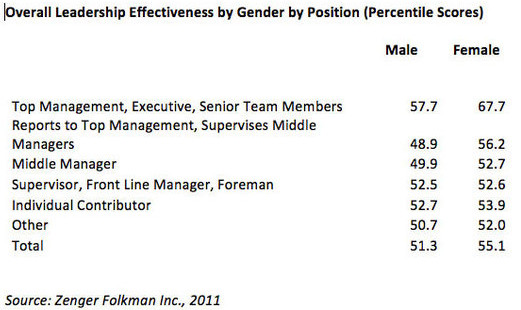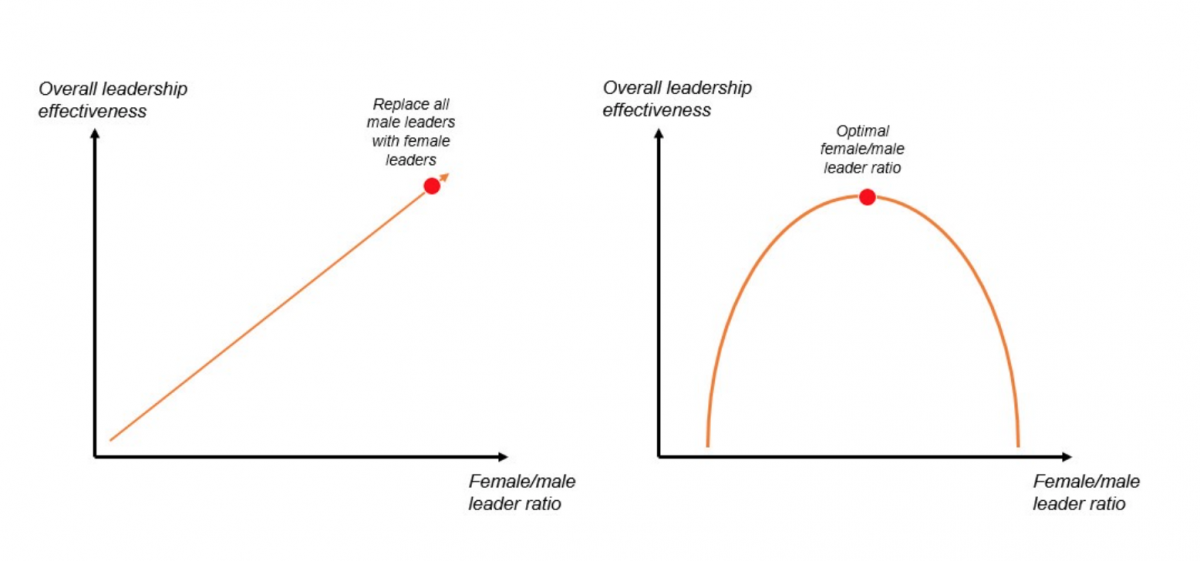Storytelling is worthless without a proper theory
26 April 2018
Article written by Morten Kamp Andersen
26 April 2018
Article written by Morten Kamp Andersen
Storytelling is rightly hailed as a must-have competence in people analytics. In my own competency model, it is one of the six core competencies all analytics teams must have. Other models do the same. Compelling arguments about the value of good storytelling are being made. To put it in clear terms; master it or beat it.
Don’t get me wrong; it is important. But my point is that storytelling requires the presence of a theory to be successful. If you do not have a proper – i.e. a plausible and documented – theory behind your data, storytelling can do more harm than good.
“A theory is an explanation. A theory takes a blizzard of facts and observations and explains, in the most basic terms, what the heck is going on”.
Angela Duckworth Grit – the power of passion and perseverance
I could not have put it better myself! And funnily enough, this is also what storytelling is doing – explaining what the data says.
Let me give you an example why you need a theory to tell a story: ZengerFolkman – a brilliant US data-driven leadership development consultancy company – has compared the joint leadership effectiveness scores as measured on 360-degree evaluations, for men and women respectively, at different leadership levels. The result is, as you can see below, that women score higher than men at all levels and that this difference is more significant the more senior the leaders are.

I have made the same observation within a financial institution recently. They had collected performance data for all their leaders and as we compared the data – split into different KPI groups – it was clear that the performance rating was significantly higher for the female leaders. Also, the difference was greater the more senior the leaders were. The data at this company confirmed the international data. I had data and I had other similar data points to back them up.
So far so good.
The problem is that, though the dissimilarity between performance scores is significant, the data makes little sense without a theory to explain the observations. All we know is that the performance ratings/360-degree evaluations put women higher than men. Why are women leaders rated better than men? It may be that women are better leaders than men. It could also be that women are reported to be better leaders but in reality are on par with men. Maybe there is even a bias in the evaluation of female leaders. Or it could be a fourth reason?
Another thing to consider is the relationship between the share of female to male leaders vs. overall performance. Is it linear or does it have another shape as depicted in the figure below? If it is linear and you conclude that females are better than male leaders, then a usual recommendation is that you ought to replace all male leaders with female. If on the other hand the relationship has some other shape – such as the one in the second figure below – you should find the optimal point to reach leadership effectiveness.

Without an answer as to why there is a difference you cannot create a story and a recommendation. To come up with a proper recommendation you must have a proper theory to explain the why. The basic analysis cannot explain it and you cannot go straight to storytelling because you are still left with the basic question of ‘why’. And what you will be left with are leaders sitting around a table wondering what to do. In this case, maybe there is a good theory. I don’t know of it (but I would love to hear it if you happen to have one).
Therefore you need a theory or an explanation behind your data. It does not need to be verified by Harvard or suchlike. But you do need an explanation. Let’s say that you find that the talent you source from one university performs significantly better than the talent you source from another. You need to understand why. If you cannot illuminate why through a theory, your storytelling will lack the power it has the potential to have.
So: please do not do storytelling on people analytics without a proper theory explaining your data. It really makes no sense.